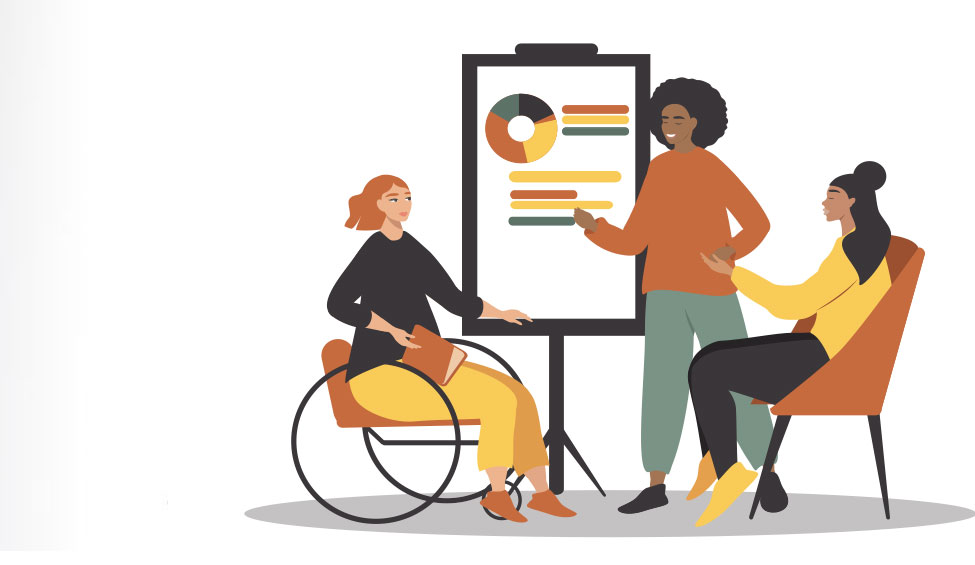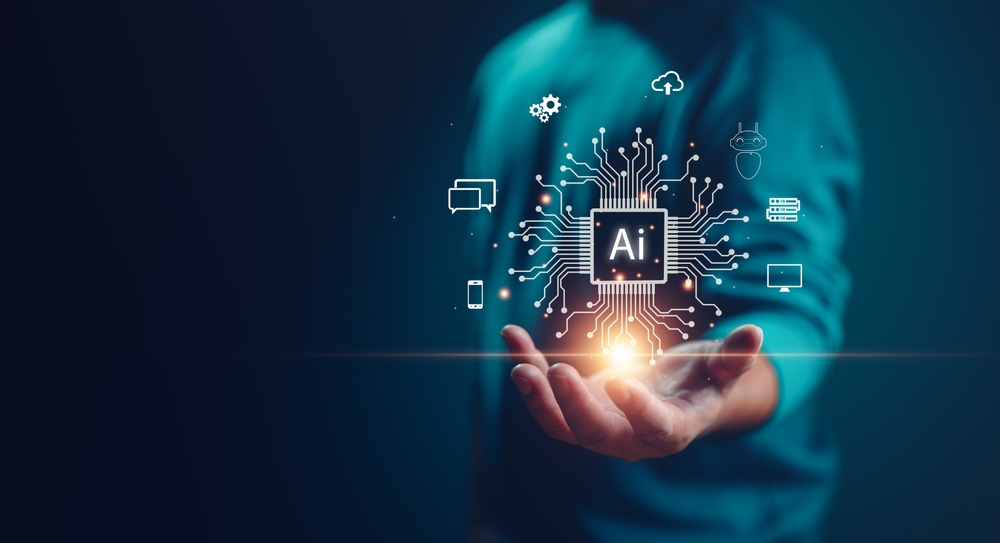This paper looks at inclusive workplaces (IW) – organisations where people can be themselves, feel they belong and fully contribute. We want to find out more about the drivers and the barriers decision makers face as they attempt to shape more inclusive workplaces. We also explore the role of metrics, their potential and limitations, in illuminating where organisations are making progress on inclusivity and where things need to change. Our paper presents a framework to help leaders who want to create more inclusive workplaces.
Key findings from the research
Keeping Track of the Evidence
- Sound numerical data is a powerful starting point for conversations, but it’s also important to share – and celebrate – lived experience of equity-seeking groups. Replace employee surveys to collect data with more sophisticated, DEI predictive tools which also provide real time data useful to employees.
- Move beyond simple diversity metrics. Be intentional to address the gulf between mere compliance and genuine concern for inclusion and personalise/customise DEI practice.
Develop Leadership Practice for Inclusive Work
- Listening is a key leadership skill for creating inclusive workplaces. Master the art of disagreeing well and exercise practical judgement on when to call out inappropriate behaviour, whilst avoiding shaming individuals or creating a culture of fear.
- MNCs have the clout to drive the DEI agenda but DEI values can easily be compromised in larger organisations. Watch out for the gap between positive DEI decision making at the senior level and the realistic deliverance throughout organisations. Smaller organisations may have less impact but committed founders can create truly inclusive workplaces.
- The need for personalisation raises the equity/equality dilemma for leaders balancing equal treatment for all and reasonable adjustment to those who need it.
- Whilst leadership is important, it’s also necessary to create systems and train others to maintain DEI initiatives.
Challenges at the Societal and Sector Level
- South Africa’s B-BBEE framework and the EU Pay Transparency rules are examples of DEI legislation that is impacting significantly on organisations, helping shift deep-rooted mindsets and traditional industry practices.
- It’s important to appreciate the nuances of different cultural contexts, and design policies to address specific regional/cultural issues.





